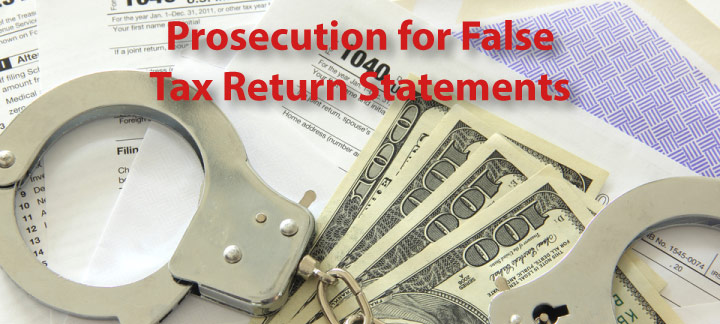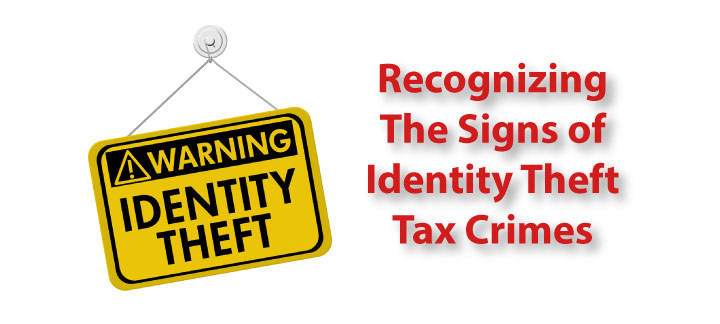Is Professional Advice a Valid Defense to a Tax Crime Offense?
If you are being investigated for a criminal tax offense, you might wonder what tax crime defense strategies you can assert to avoid prosecution or severe penalties.

If you are being investigated for a criminal tax offense, you might wonder what tax crime defense strategies you can assert to avoid prosecution or severe penalties.

Criminal and civil sanctions against IRS tax fraud are not mutually exclusive.

The most common tax crimes are tax evasion, which is specifically defined in 26 U.S.C.

Yes, the Internal Revenue Code has its very own perjury and false statements statute. This crime is separate from the tax evasion statute, and different elements must be present for the taxpayer to be charged with perjury and false statements.

The Criminal Investigation Division of the IRS is very similar to other Federal law enforcement agencies in many respects.

The Department of Justice Criminal Tax Division has the ultimate authority to review and prosecute criminal tax cases.

Identity theft is a serious crime and of increased concern in recent years. Identity theft occurs when someone uses another person’s personal information, such as name or Social Security Number (SSN), without permission, to commit fraud or other crimes.

Tax attorneys may be called upon to help clients if they are victims of identity theft such as refund theft. Identity theft is a relatively new crime, but it is widespread and potentially very damaging to taxpayers.

A lesser-known criminal tax offense is called interference with the administration of tax laws. This offense is found in IRC § 7212(a), which prohibits conduct intended to interfere with the administration of tax laws.

IRC § 7203 enumerates a crime for failure to pay tax or estimated tax and other lesser tax crimes, including failure to supply information and failure to maintain records.